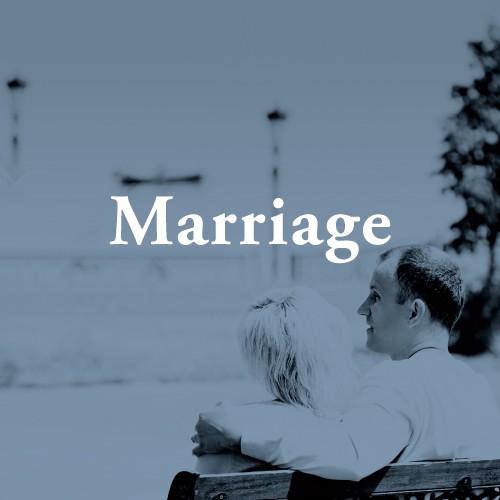
Marriage as Completion: Gender Roles (Part 1)
Tim Keller | September 29, 1991
Overview
Depending on the culture it’s sitting in, Christianity can either be considered radically liberal or horribly conservative. But Christianity isn’t to the left or to the right. In fact, if it’s true that Christianity doesn’t arise from the human spectrum of thought, but that it comes from above, then it’s natural that it doesn’t fit any particular ideology—and that every ideology is going to be suspicious of it.
In a series on marriage, we come now to the question of whether there’s any differentiation between the roles and obligations of a husband and wife in marriage. And the basic thesis in Ephesians 5 is that being male and being female are overlapping but distinguishable ways of being human.
I’d like to show that Ephesians 5 teaches us 3 things about gender roles: 1) there are roles, 2) why there are roles, and 3) what those roles are.
Related
This Month's Featured Book
Putting Our Hope in the One True God
In his book, Walking with God through Pain and Suffering, Tim Keller looks at the problem of pain and suffering through a biblical lens as he works through the challenge of one of life’s most difficult questions: Why does God allow so much pain and suffering?


